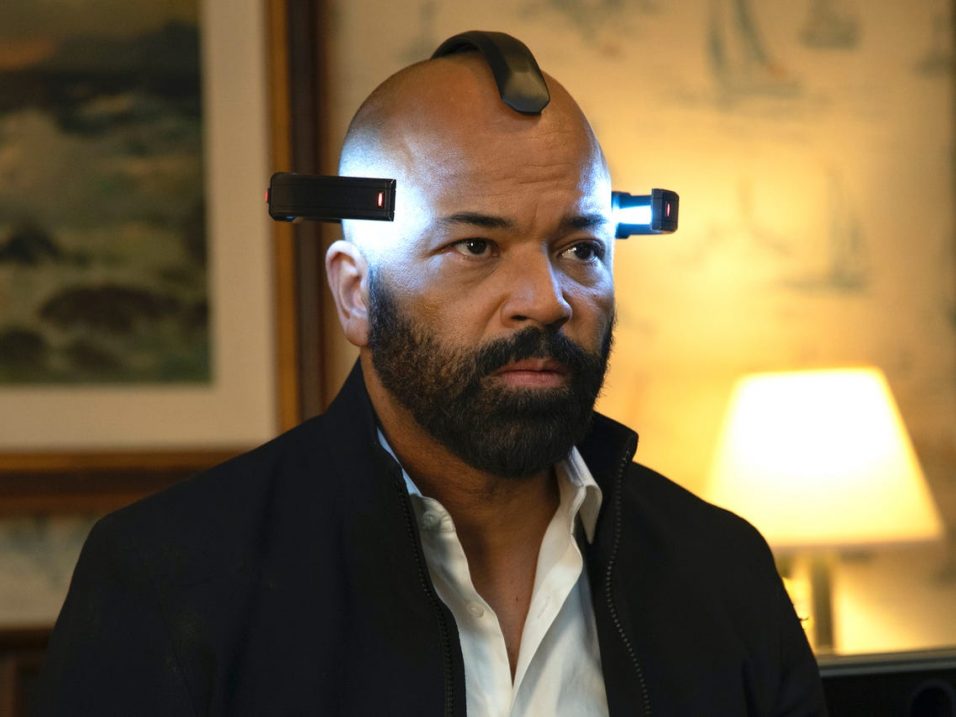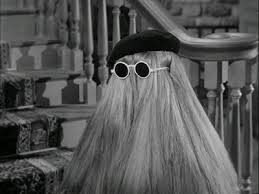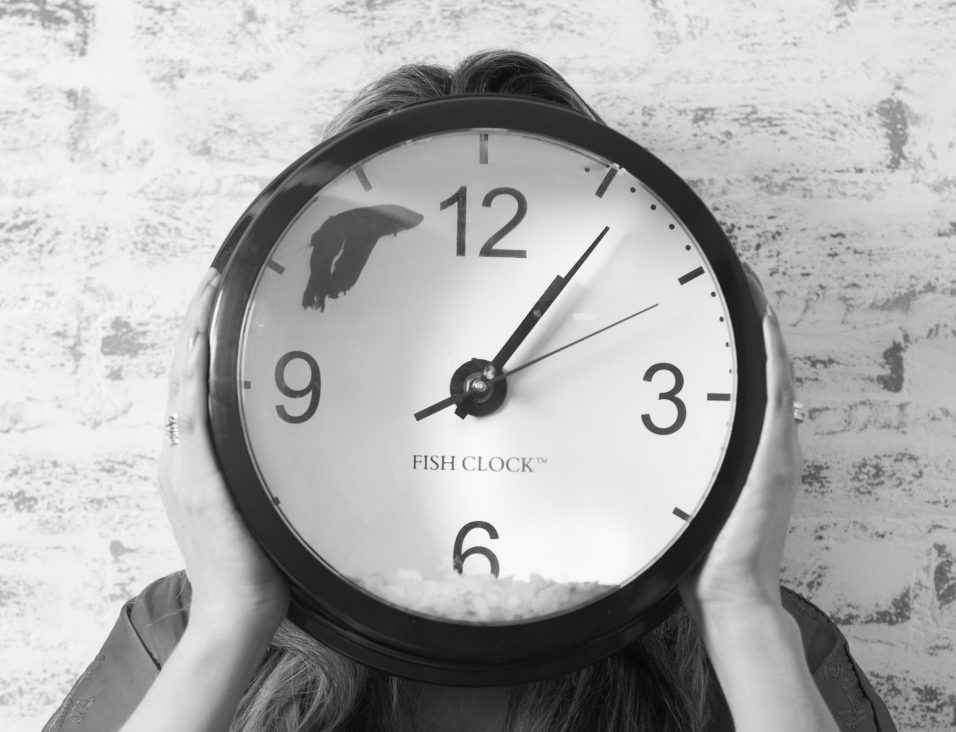Lazy Writing: The Inevitable Plot Point

Plotting a story can be complicated stuff, as any writer will tell you. Sometimes plots come to you in linear form, with an idea for a beginning that then leads you to characters who then lead you to the ending. Sometimes it’s the other way around — sometimes you think of an ending, or a plot twist in the middle, and you find yourself working backwards from there.
Which is fine, as long as you put in the work to make your plot point or ending seem organic by the time you get there. Because if you don’t, you wind up with a twist or an event that won’t feel even slightly real to your readers.
The Dark Knight Rises
The Dark Knight Rises, the third and concluding film in Christopher Nolan’s blockbuster superhero trilogy, is generally regarded as the weakest of the three films (for good reason). While it’s seen an uptick in critical assessment in the ten years or so since it was originally released, there’s one plot point that prevents it from ever being considered a, you know, actually good movie: The police in the sewers.
Police Commissioner Gordon, ostensibly a smart, experienced law enforcement professional, decides to send the entire police force including himself into the sewers to thwart villain Bane’s plans. This is … insane? Incompetent? Yes! But mainly, it is required by the plot. Nolan needed to get the police out of the way or the rest of the movie made even less sense, and so that plot point became inevitable: The police wind up trapped in the sewers because the police had to be trapped in the sewers. It makes just that much sense.
Westworld Season 3
More recently, we have Westworld, season 3 on HBO. Every season of Westworld follows the same pattern:
- Intriguing beginning, with smart world-building.
- A slow slide into stupidity.
- An unearned finale.
This most recent season was no different. The first few episodes were pretty solid world-building of a near-future world outside the Delos Park. It felt like a world that might inspire a park populated by human-like androids you can rape and kill with impunity. It had interesting ideas. And then it slowly narrowed down to a point where civilization collapsed … because an AI predicting your eventual fate based on collected data about your life has predetermined your fate.
Now, that’s not a bad idea, on paper. There’s a story where this moment, the moment when the world is clued in to how they’ve been manipulated and decides to go insane in response, is earned. It is not this story, though, because they’ve done exactly zero work to earn it. You can tell without any doubt that the writers decided where the story needed to go first, and then tried to build a story backwards. And that’s why the story feels awkward, and forced.
When you have a predetermined ending to your story, you have to work very hard to make it feel natural. If you’re not careful, it can feel very stiff, because it’s dead space. It’s already been written, it’s already there, as opposed to being a blank, writhing space that the writer is striving towards.
When you’ve got a predetermined point you’re writing towards, there’s a tendency to rush, to leave out all the organic little bits that make your story feel alive and rooted in the gravity of the real. You just keep rushing towards that end point, certain that once you get there everything will be forgiven. But that’s rarely the case.










